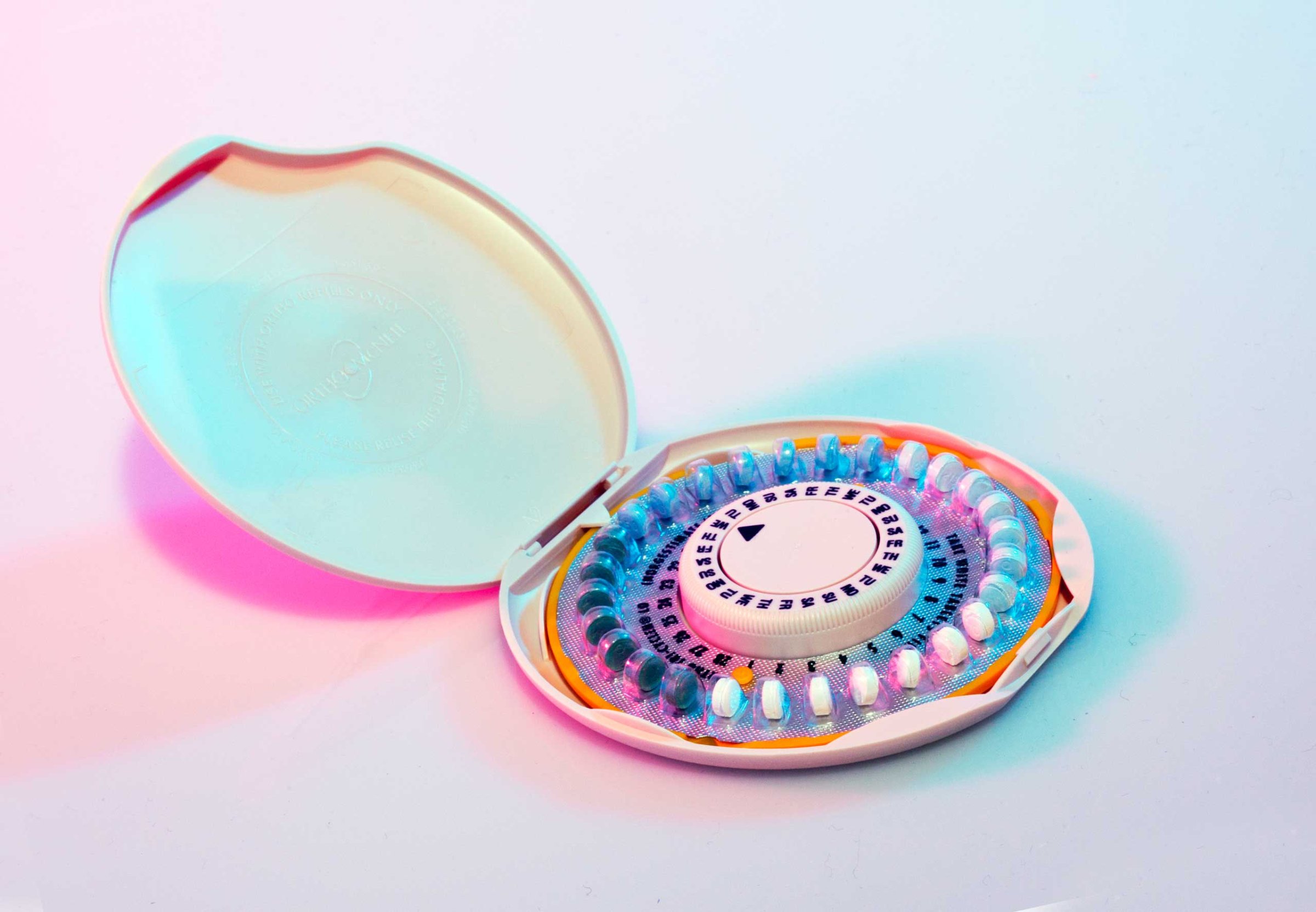
Using oral contraceptives right before or during pregnancy is not associated with a higher risk of birth defects, a new study reports.
The Pill is the most common method of birth control, but there’s a lack of research looking at whether circulating sex hormones in the body impacts the risk that a woman develops a fetus with a birth defect.
To study the relationship, researchers from the United States and Denmark looked at Danish birth registers for live births delivered between January 1, 1997 and March 31, 2011. They also looked at prescription information in national registries to assess women’s oral contraceptive use leading up to and in early pregnancy. They found that 8% of the mothers stopped using oral contraceptives less than three months before pregnancy and 1% of the women used oral contraceptives during pregnancy.
“Many women stop using oral contraceptives when planning a pregnancy and conceive within just a few months. In both of those examples, a woman may inadvertently expose her offspring during pregnancy to exogenous sex hormones,” study author Brittany M. Charlton, an instructor at Harvard Medical School told TIME in an emailed statement.
MORE: How Every Form of Birth Control Actually Works
After accounting for birth defects that had a known cause, the researchers found no significant increase in the risk for birth defects linked to a mother’s use of oral contraceptives right before or during her pregnancy. Charlton says that overall, her new study confirms the majority of prior research that has documented no increase in birth detects after exposure.
The new study comes on the heels of other recent research looking at women’s medication use and its possible effects on their infants. As TIME’s Alice Park reported in July, another study published in The BMJ found a link between certain antidepressants and some birth defects. Other research on that connection has been conflicting.
“For women who have a breakthrough pregnancy during oral contraceptive use or even intentionally become pregnant within a few months of stopping oral contraceptive use, any exposure is unlikely to cause her fetus to develop a major birth defect,” the authors of the most recent study conclude.
More Must-Reads From TIME
- What Student Photojournalists Saw at the Campus Protests
- How Far Trump Would Go
- Why Maternity Care Is Underpaid
- Saving Seconds Is Better Than Hours
- Welcome to the Golden Age of Ryan Gosling
- Scientists Are Finding Out Just How Toxic Your Stuff Is
- The 100 Most Influential People of 2024
- Want Weekly Recs on What to Watch, Read, and More? Sign Up for Worth Your Time
Contact us at letters@time.com